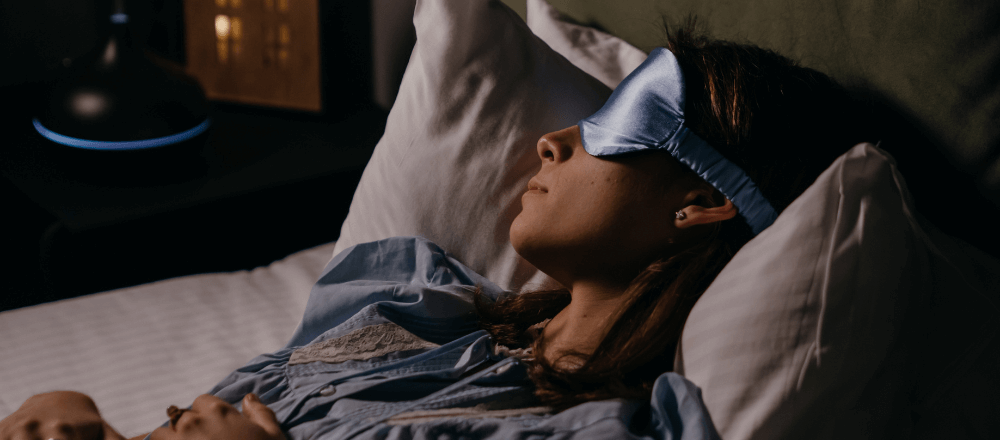There are a lot of theories out there when it comes to how much sleep is good for your health. Some say you need more sleep, while others say you can manage with less. The truth is the amount of sleep you need changes as you age, and there is no one-size fits all approach. A large part of the research that has been done is focused on adults, but children need sleep too.
But the truth is that not all of us get that much sleep, and the quality of our sleep may not be that great. This blog looks at the different aspects of sleep and how much you need it.
Medical myths: How much sleep do we need?
There are many myths and misconceptions about how much sleep we need. Some people believe that we need eight hours of sleep per night, while others believe that we can get by in just a few hours. The truth is that everyone is different and there is no one-size-fits-all answer to this question. A variety of factors can affect how much sleep we need, including our age, our activity level, and our overall health.
How many hours of sleep do you really need?
Several factors can influence how much sleep we need, including age, activity level, and overall health. Some people can function just fine on six hours of sleep, while others need eight or nine.
If you’re consistently tired and struggling to focus, it’s a good sign that you’re not getting enough sleep. You can also try an experiment where you sleep eight hours a night for a week and see how you feel. You may need to increase your sleep time if you’re still tired.
Most adults generally need between seven and eight hours of sleep a night. But, again, it’s important to listen to your body and see what works for you.
Is Daytime napping unhealthy?
Daytime napping is unhealthy for several reasons:
- It can lead to sleep deprivation. When you nap during the day, you are more likely to experience difficulty falling asleep at night. This can lead to several problems, including fatigue, irritability, and difficulty concentrating.
- Daytime napping can interfere with your daily routine. It can make it difficult to get up in the morning and make you feel dizzy and disoriented throughout the day.
- Daytime napping can hurt your physical health.It can increase your risk of developing obesity, high blood pressure, and heart disease.
Tips for better sleep
- A fixed sleep schedule means going to bed and waking up at the same time.This can be not easy to do, especially on weekends, but it is important to stick to a schedule as much as possible.
- Avoiding caffeine and alcohol before bed is also important.
- Creating a relaxing bedtime routine can also help people fall asleep and stay asleep. You can indulge yourself in taking a warm bath, reading a book, or stretching.
Our best sleeping pills website is your one-stop-shop for all your sleeping pill needs in the USA. We offer a wide range of sleeping pills that can be delivered right to your doorstep, so you can get the sleep you need without having to leave your house.












Leave a comment